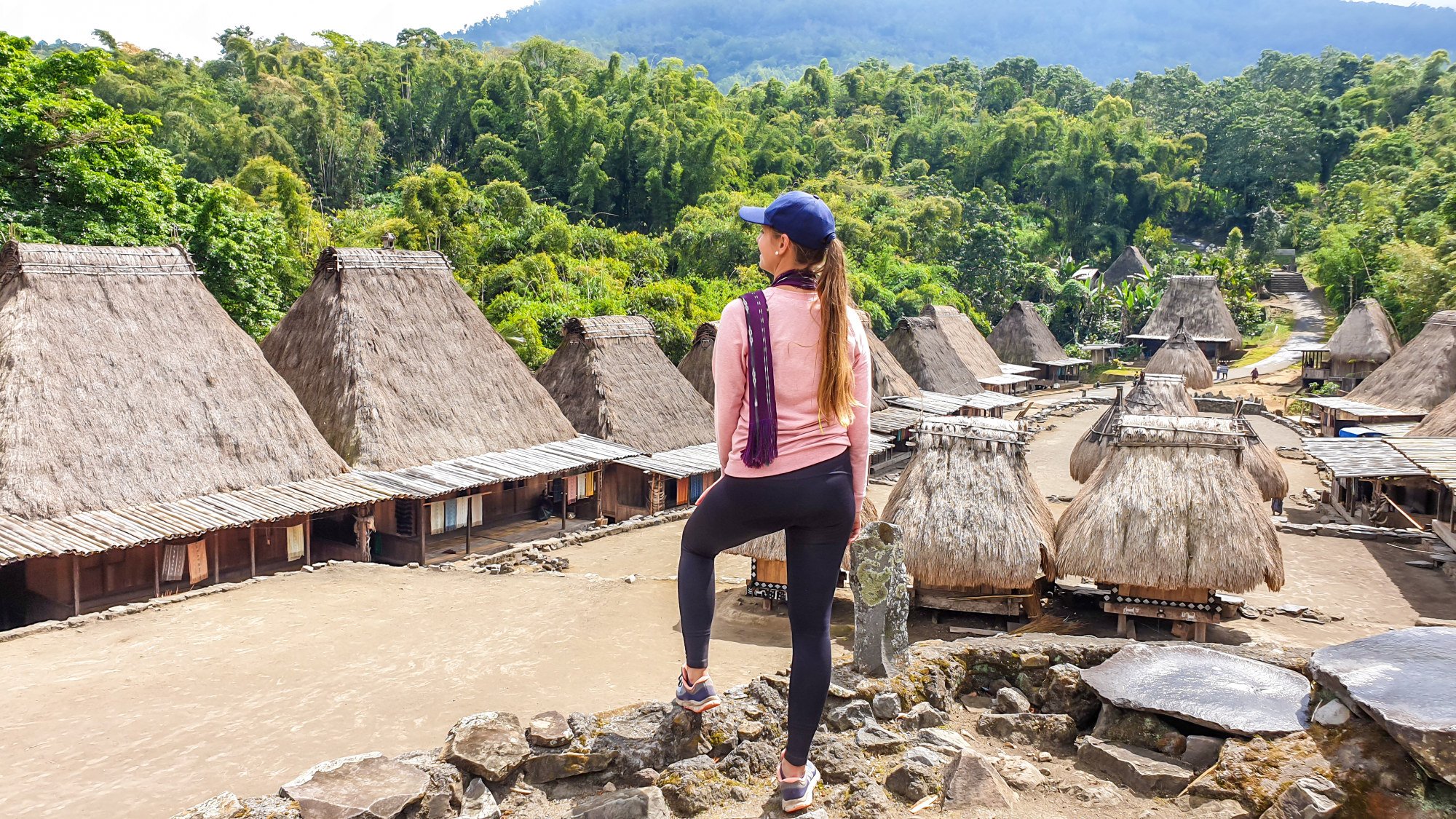The survey looked at travellers in 12 Asian markets, including China, Hong Kong, South Korea, Japan, India, Thailand, Vietnam and the Philippines.


In this survey, just 22 per cent of Gen X participants (those born between the mid-to-late-1960s and early 1980s) said they were influenced by Instagram or Facebook. Only 7 per cent said TikTok played a role in their travel plans.
“For baby boomers [born between the end of World War II and the mid-1960s], when it comes to gathering travel-related information, they utilise much more traditional means, such as printed media, travel agencies and talking to people,” says Tatyana Tsukanova, a research associate at the EHL Hospitality Business School in Switzerland.
“When booking, they make use of travel agencies.”
Destinations and service providers offering Instagram-worthy scenery are particularly attractive to Gen Zers
The difference in habits between generations means that when travel influencers such as thebucketlistfamily, which has 2.9 million followers on Instagram and 474,000 followers on TikTok, post a video, it will reach and inspire far more Gen Zers and millennials than it will older travellers.
Popular culture is another source of travel inspiration for the younger generations. Seventy per cent of Gen Z and millennials said they were inspired to visit a certain destination by TV shows, news content or movies, compared to 43 per cent of Gen Xers, according to the American Express survey.
“Locations featured in productions like The Lord of the Rings or Emily in Paris have become popular travel destinations,” says Lionel Saul, research assistant and visiting lecturer at the EHL Hospitality Business School.
Bruce Lee, Jackie Chan draw movie-fan tourists to Hong Kong
Bruce Lee, Jackie Chan draw movie-fan tourists to Hong Kong
That helps explain why Singapore is one of the three most appealing countries to visit in the Asia-Pacific region for Gen Zers and millennials, according to the Klook survey; the other two being Japan and Thailand.
As well as social media being a source of information and inspiration, posting on the platforms is also a big reason for travelling among many young people.
‘A better experience than an Airbnb’: how hostels are going upmarket
‘A better experience than an Airbnb’: how hostels are going upmarket
For 87 per cent of Gen Z and millennial travellers, creating social media-worthy content is of the highest importance when travelling, according to Klook’s survey. The tendency was found to be strongest among those from India, the Philippines and China.
“Destinations and service providers offering Instagram-worthy scenery are particularly attractive to Gen Zers,” says Tsukanova, who warns of the potential downsides.
“This trend can lead to overtourism, negatively impacting local environments. An example is the Gates of Heaven in Bali, Indonesia, a popular photo destination which draws long queues of travellers eager to capture and share their moments on social media [with the crowds carefully cropped out of the shots].”

Older travellers are less likely to prioritise photography and that often leads to different choices in accommodation. The top priority for those over 50 when it comes to travel is spending quality time with loved ones, according to Tsukanova and Saul.
This means they will often book larger accommodation with amenities such as a kitchen and a washing machine.
Motivated by posting on social media, 85 per cent of Gen Z and millennial travellers are willing to invest in experiences during their travels, according to Klook’s research, and those places considered unique are singled out when they make travel plans.
Where will hotel room rates rise the most in 2024? Report sheds some light
Where will hotel room rates rise the most in 2024? Report sheds some light
This sentiment is particularly strong among travellers from Thailand, Vietnam, mainland China and India, many of whom favour spending time in nature and taking part in island tours or cultural experiences such as visiting historical sites. Restful activities such as massages and hot spring bathing are also popular.
The interests of younger generations also include “food-centric travel, wellness activities, supporting local communities and exploring authentic small shops”, says Tsukanova, adding that authenticity is a watchword for Gen Z.
This helps explain the increasing popularity of homestays in Vietnamese and Indonesian villages, with Indonesia experiencing a 30 per cent to 50 per cent rise in foreign visitors to its tourism villages, according to American Express.
Everything, everywhere, all at once in ‘military-style travel’, a Gen Z trend
Everything, everywhere, all at once in ‘military-style travel’, a Gen Z trend
Furthermore, Gen Zers are willing to pay more than previous generations to support things that matter to them.
According to a 2023 report by the Oliver Wyman Forum, up to 50 per cent of Gen Zers in the United States and the UK said they would pay a premium to support a cause they cared about, whereas only 20 per cent of non-Gen Zers are willing to do the same. This extends to travel, and especially what’s perceived as eco-friendly travel.
The American Express survey found that 82 per cent of Gen Z and millennial travellers found holidays that have a minimal impact on the environment appealing, compared with 72 per cent of Gen X and 64 per cent of baby boomers.
“They think about the impact they have, to the point that they start to change their behaviour [such as by travelling shorter distances], trying to find alternatives in order to meet their new values,” says Saul.
Bagikan Berita Ini














0 Response to "Gen Z, millennial travel trends: Instagram-worthy vistas, rural homestays - South China Morning Post"
Post a Comment